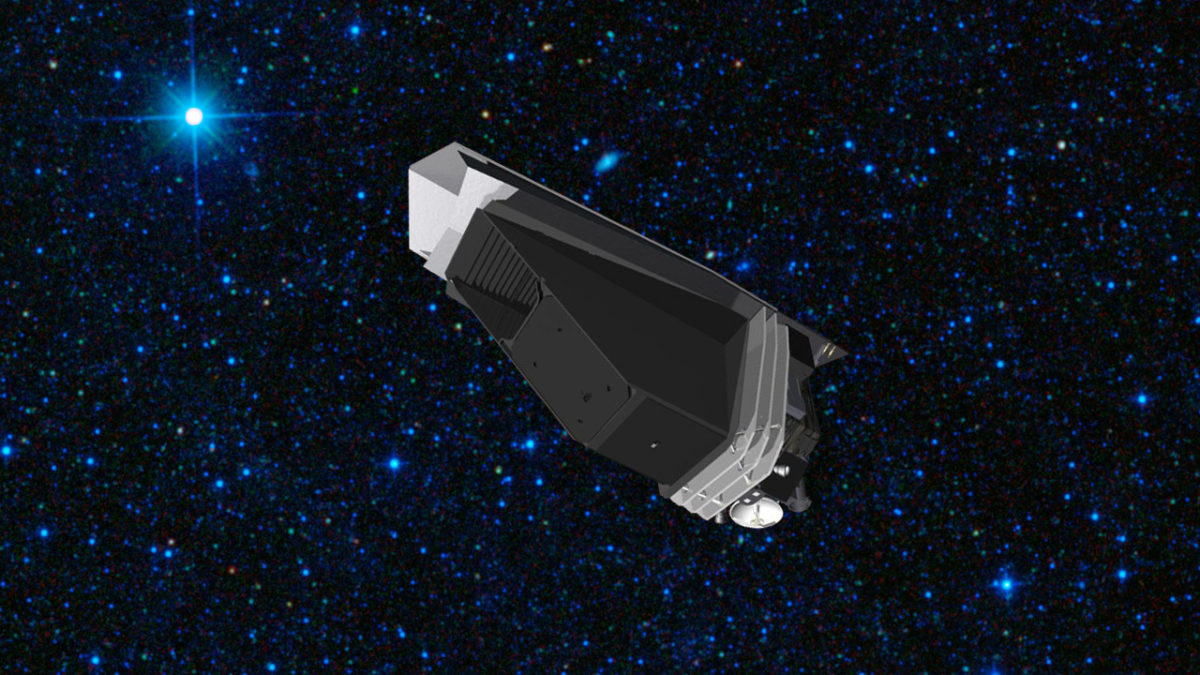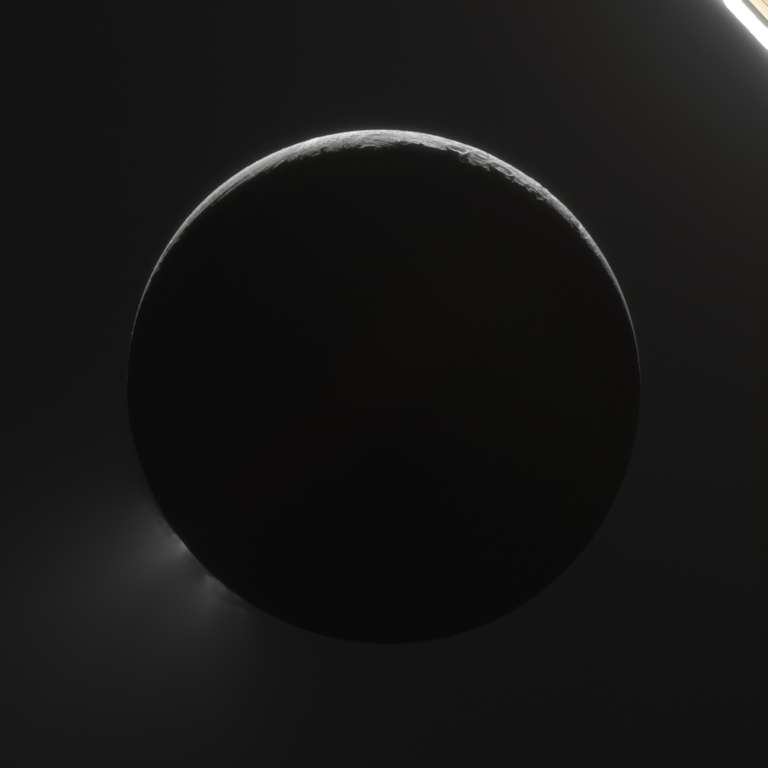The Planetary Society • Aug 30, 2021
Why space exploration is always worthwhile
Your guide to advocating for space in a complicated world
Most people who love space and believe in exploration have probably heard this once or twice: “We shouldn’t waste money on space exploration when there are problems to deal with here on Earth.”
While public health concerns, social injustices, climate change, and other urgent issues are important to address, solving these problems doesn’t depend on defunding space programs.
This can be a difficult conversation to navigate, so we’ve outlined a few ideas here that you can share when advocating for space.
Space research isn’t as expensive as people think
Many countries around the world invest in space science and exploration as a balanced part of their total federal budget. Public opinion research has shown that people estimate NASA to take up as much as a quarter of the U.S. federal budget, but in fact, NASA’s budget only represents about 0.5% of the total federal budget and the proportion is even smaller for other spacefaring nations. The correct information may go a long way to reassuring critics that space spending isn’t eating up as many public resources as they think.
The United States government spent approximately $6.6 trillion in fiscal year 2020, of which just 0.3% ($22.6 billion) was provided to NASA. In this chart, shades of blue represent mandatory spending programs; shades of orange are discretionary programs that require annual appropriations by Congress. "Defense and related" includes both the Department of Defense and Veterans Affairs. Source: Office of Management and Budget Historical Tables 8.5 and 8.7.
Space spending pays off
If someone is arguing that public funds should be spent on solving the world’s problems, they should know that money spent on NASA positively impacts the U.S. economy. We get the same kind of payoff for space spending in other countries. Spending on space supports highly skilled jobs, fuels technology advancements with practical applications, and creates business opportunities that feed back into the economy. This in turn grows the pool of public money that can be spent on solving the world’s most pressing problems.
Space research directly impacts Earthly problems
When people apply themselves to the challenges of exploring space, they make discoveries that can help the world in other ways too. Studying how we might grow food in orbit or on Mars yields insights into growing food in extreme conditions on Earth, generating knowledge that can help mitigate the impacts of climate change. Medical research conducted on the International Space Station helps us understand the human body in new ways, helping save lives and improve quality of life.
Studying space helps us understand our own world
Studying the cosmos gives us an important perspective shift. When we learn about what lies beyond Earth, it gives us context for understanding our own planet. Studying the other worlds of our solar system and beyond makes it clear that Earth is a precious oasis for life. When we sent spacecraft to Venus we saw how a runaway greenhouse effect turned the world from a habitable planet to an absolute hellscape. When astronauts travel into space they see just how thin and tenuous Earth’s atmosphere is, appreciating the fragile balance in which we live. A cosmic perspective underscores the importance of protecting our planet’s habitability and encourages investment in that effort.
Studying space may one day save us all
All the social and environmental progress in the world won't help us if an asteroid impacts the Earth. We have to explore space to find and study the asteroids and comets in our cosmic neighborhood if we want to make sure we can defend our planet if an object ever heads our way.

Space is inspiring
Not every child who dreams of becoming an astronaut will get that opportunity. This is a sad truth that many of us know from experience. But to be inspired to aim for something so grand gives kids the motivation to study hard and gain skills in science, engineering, medicine, or other fields that benefit humanity and directly help overcome problems that we face as a species.
And inspiration isn’t just for kids. When we marvel at the beauty of Jupiter’s clouds or the mystery of Enceladus’ oceans, we get an opportunity to appreciate the wonder and majesty of this cosmos that we inhabit. The idea that life might exist elsewhere in the universe reminds us that we might not be the only planet struggling to achieve balance, justice, and sustainability. And even in the bleakest of times, there’s something beautiful about still striving to achieve something great and discover something that could change how we see ourselves and our cosmos forever.

There’s plenty of room at the table
There’s no denying that there are many important issues facing humanity that need fixing. But to deal with those problems doesn’t mean we have to stop looking up, stop exploring, and stop making discoveries.
Support our core enterprises
Your support powers our mission to explore worlds, find life, and defend Earth. You make all the difference when you make a gift. Give today!
Donate

 Explore Worlds
Explore Worlds Find Life
Find Life Defend Earth
Defend Earth

